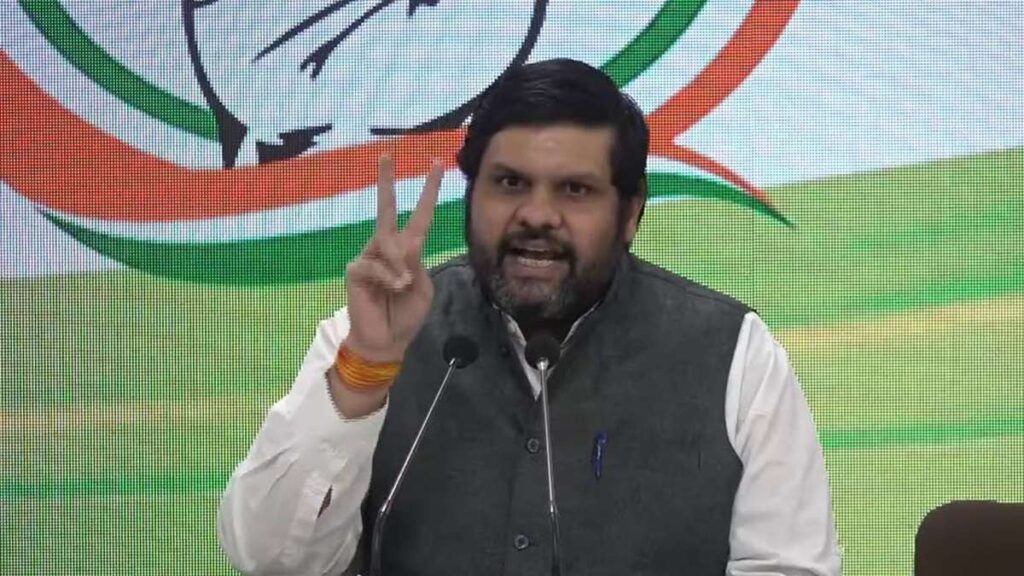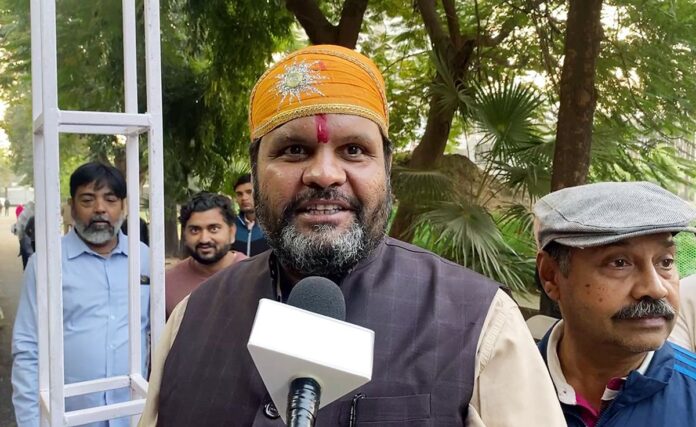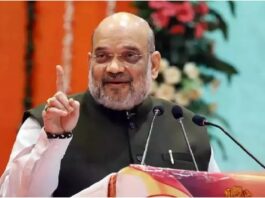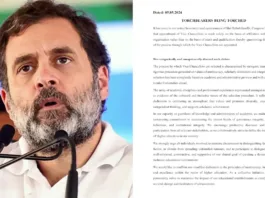In a significant development, Congress spokesperson Gaurav Vallabh has resigned from all party ranks and key members, citing discomfort with the party’s direction and stance on certain issues. Vallabh, who is known for his criticism of delegates at forums, cited his inability to reconcile with some ideas and issues propagated by the Senate as the reason for his resignation.
Vallabh’s decision, announced on social media platform X, came as a surprise to many, as he elucidated his reasons for departure in a detailed resignation letter addressed to Congress President Mallikarjun Kharge. Among the primary reasons cited by Gaurav Vallabh was his discomfort with the party’s stance on Sanatan ideologies and its treatment of ‘wealth creators,’ which he found incompatible with his personal beliefs.
The resignation letter reflected Gaurav Vallabh’s frustration with what he described as the team’s ‘non-strategic’ approach. He emphasized his inability to come up with coherent critiques of endless principles and insults to coiners, stressing that such comments were contrary to his principles and values.

Moreover, Gaurav Vallabh lamented the alleged detachment of the Congress from ground realities and unwillingness to adapt to the aspirations of a ‘New India’. He expressed concern over the party’s failure to connect with the youth and its inability to present a coherent vision for the country’s future, which he believed contributed to electoral stalls and the role of the opposition party of the weakness.
Besides, Vallabh criticized the party’s decision to stay away from important events like the ‘prana pratishtha’ ceremony at the Ram temple in Ayodhya, which he said sent a wrong message to the public and it undermined the inclusive nature of the party.
Vallabh’s resignation comes at a crucial time for the Congress, ahead of the upcoming Lok Sabha elections, and signals internal dissension and discontent among party members. His departure highlights the wider challenges the Congress party faces in maintaining an advantage in contemporary Indian politics in navigating ideological shifts.





